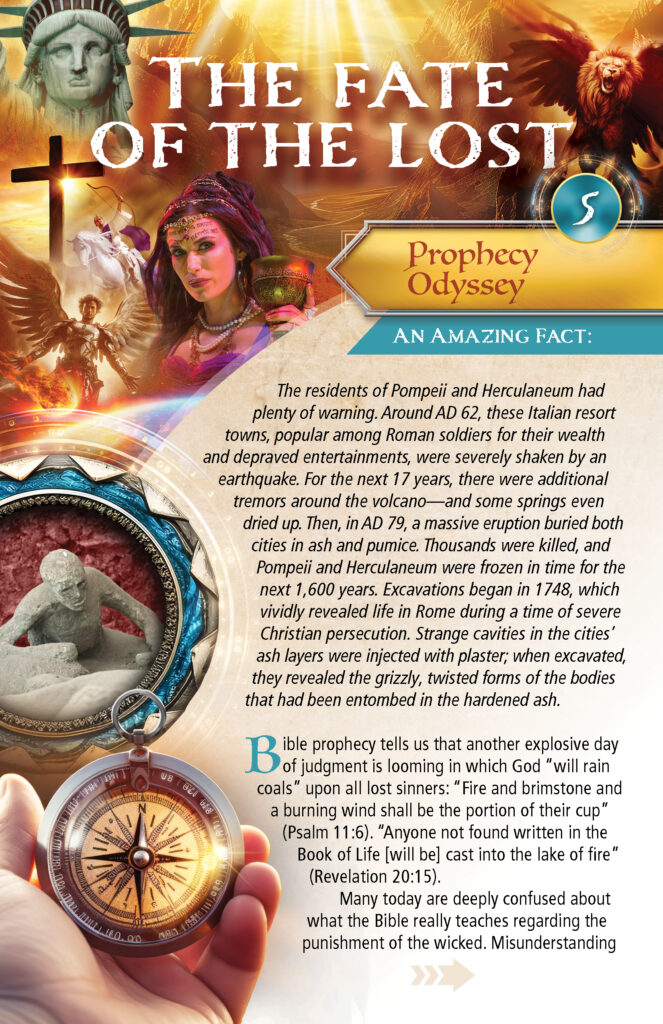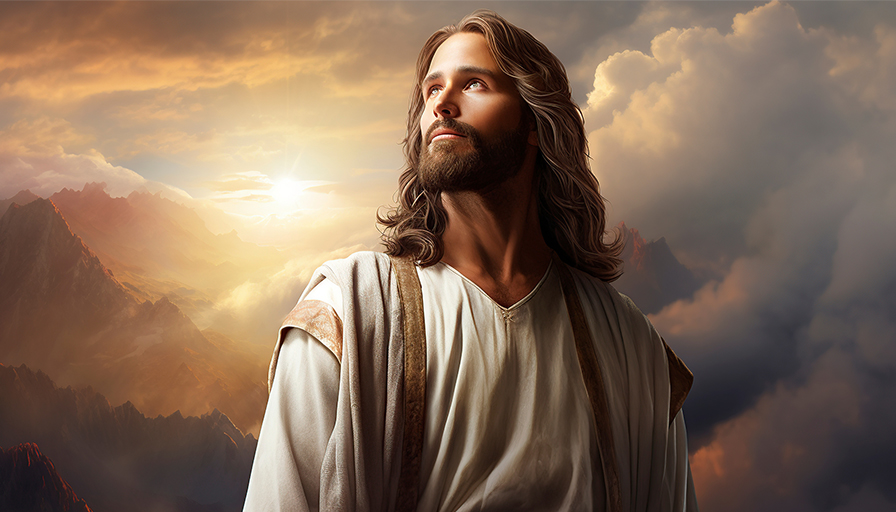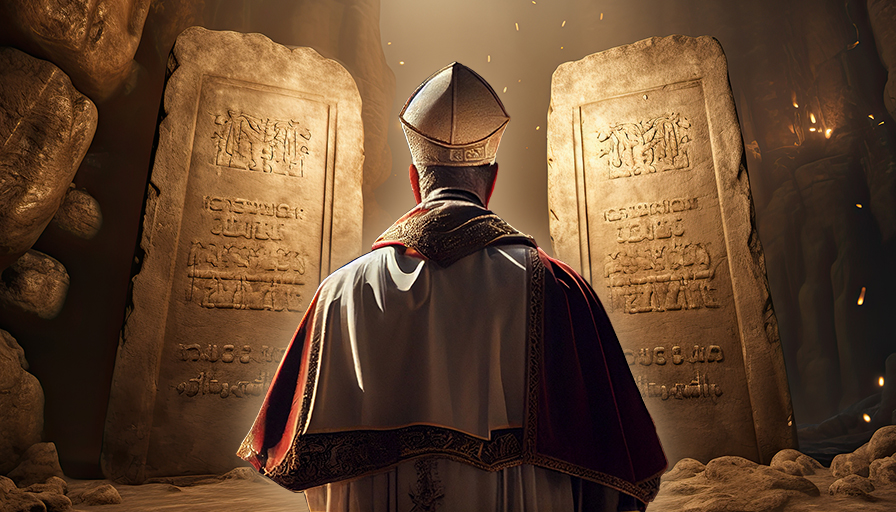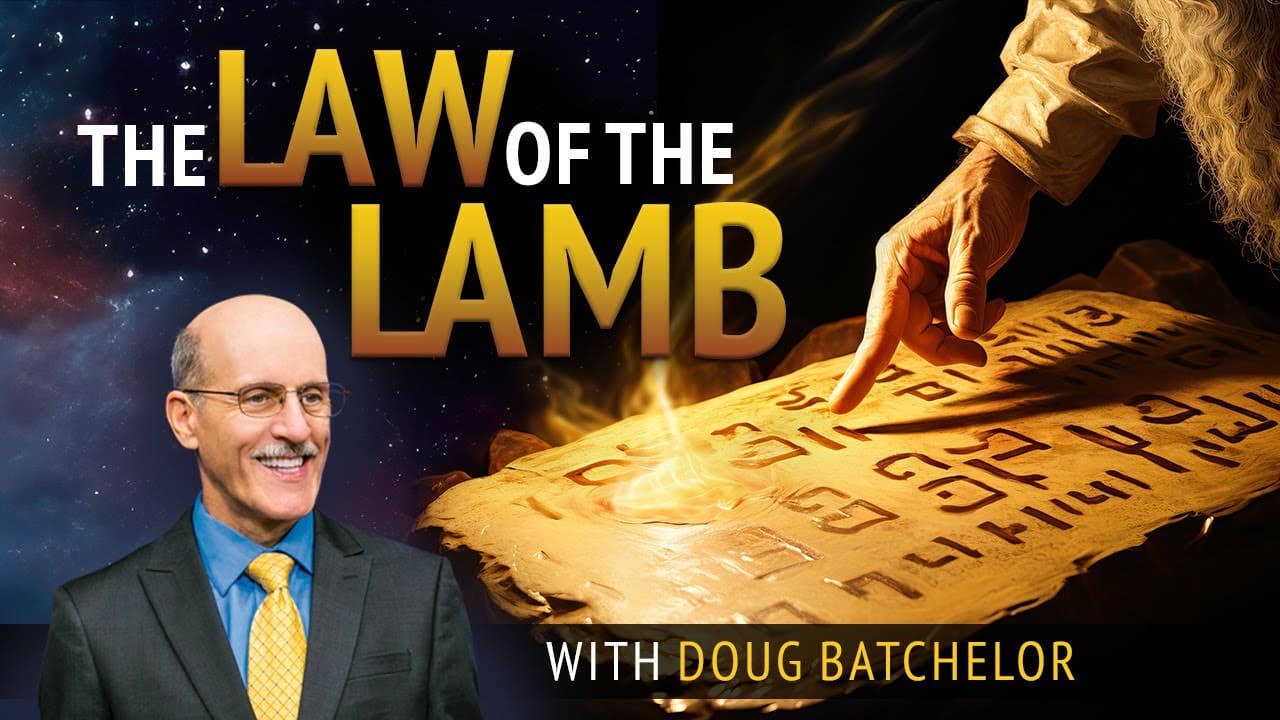The practice of separating rest and worship days, such as resting on the Sabbath and worshiping on Sunday, is a personal choice made by some individuals. While it is admirable that they recognize the importance of Sabbath rest, it is worth considering the biblical examples and principles surrounding the Sabbath.
In the examples of Jesus and the apostle Paul, they observed the Sabbath as a day of rest and worship (Luke 4:16; Acts 17:1, 2). They followed the pattern established in the Old Testament, where the Sabbath was designated as a day of rest and a holy convocation for the people to gather in worship (Leviticus 23:3).
Furthermore, the choice to worship on Sunday instead of the Sabbath is not supported by biblical evidence. The Sabbath, the seventh day of the week, was specifically blessed and sanctified by God at the creation (Genesis 2:1-3). God Himself chose this day, and throughout the Bible, it is always referred to as the Sabbath.
While individuals may have different preferences or practices, it is important to consider God’s explicit instructions and desires. Honouring God means recognizing and following His specific commands. He promises to honour those who honour Him (1 Samuel 2:30).
When we approach the topic of the Sabbath, it is crucial to discern God’s voice through the Scriptures. Jesus invites us to find rest in Him (Matthew 11:28), and the Sabbath provides a dedicated time to commune with God, find physical and spiritual rest, and worship Him.
In summary, while the practice of separating rest and worship days is a personal choice for some, it is important to consider the biblical examples and principles surrounding the Sabbath. God has specifically designated the seventh-day Sabbath as a day of rest and worship, and honouring His commandments demonstrates our loyalty and reverence towards Him.














